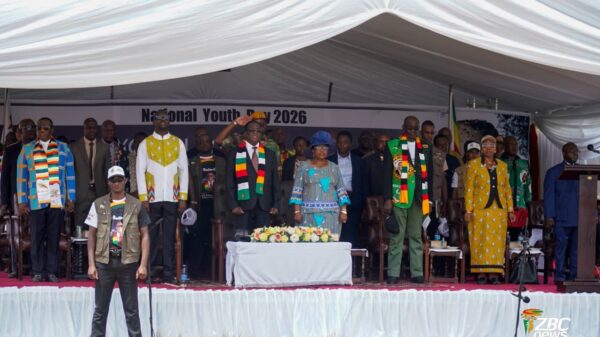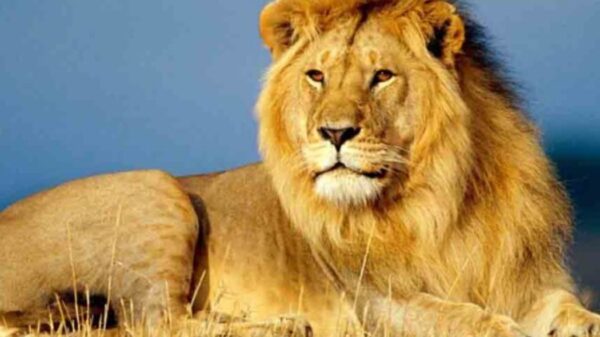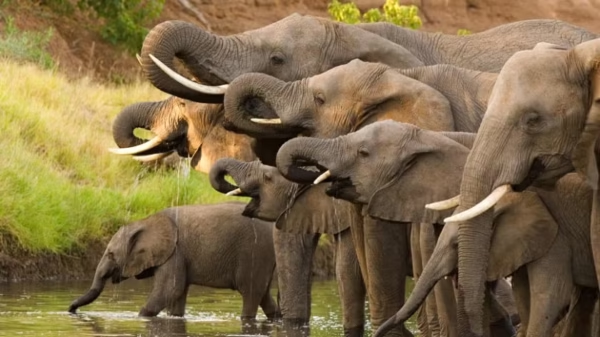On World Lion Day, conservationists have issued a stark warning: wild lions are now extinct in more than half of Africa’s countries, surviving in only 26 of the continent’s 48 nations and occupying just seven percent of their historic range. The decline has been driven by habitat loss, human-wildlife conflict, poaching, and snaring, raising urgent concerns for both biodiversity and the economic value of wildlife tourism.
Once ranging from Europe to southern Africa and from West Africa to India, lions now occupy a fraction of their former territories. According to LionAid’s 2025 Synthesis of Lion Numbers in Africa, there are an estimated 13,014 lions left in eastern and southern Africa, and only 342 in western and central Africa. Populations in the latter region are genetically distinct and considered even more vulnerable. The International Union for Conservation of Nature lists the species’ recovery status as “Largely Depleted” with a recovery score of between 23 and 33 percent.
The loss of habitat remains the most significant threat, as expanding agriculture, human settlements, and infrastructure projects continue to push lions into smaller, fragmented areas. Habitat degradation also reduces the availability of prey species. A study published in Conservation Science and Practice identifies prey depletion as a major driver of lion population declines. Other threats are equally pressing. Retaliatory killings often occur when lions prey on livestock, while poaching for body parts—bones, claws, teeth, fat, and skin—feeds both illegal international markets and traditional medicine. Non-selective wire snares, set to catch bushmeat, regularly injure or kill lions and diminish the prey base they rely on.
Lions are regarded as a keystone species, playing a critical role in maintaining the balance of ecosystems. Their survival supports biodiversity across entire landscapes. They also remain one of the main draws for safari tourism. Wildlife tourism contributes approximately 8.5 percent of Africa’s GDP, and around 80 percent of international visitors cite wildlife as their primary reason for travel.
Dr Moreangels Mbizah, Executive Director of Wildlife Conservation Action, said lions hold deep cultural meaning in Africa, symbolising strength and resilience. “Their existence hinges on our ability to foster coexistence,” she said. “By empowering local communities with knowledge and fostering harmony between people and lions, we pave the way for conservation that benefits both wildlife and humanity.”
Peter Knights, CEO of Wild Africa, emphasised the economic importance of the species. “Lions are the top draw for wildlife tourism in Africa, yet they’re now extinct in over half the continent’s countries. Protecting lions means protecting jobs, ecosystems and a key part of Africa’s identity.”
Conservationists are calling for coordinated efforts combining habitat preservation, community engagement, stronger law enforcement against wildlife crime, and sustainable tourism practices. Visitors are encouraged to support national parks and community conservation programmes, where tourism revenue directly funds protection efforts. As World Lion Day draws global attention to their plight, the message from conservation leaders is clear: the survival of Africa’s lions depends on action taken now to ensure their roar continues to echo across the continent.





























































